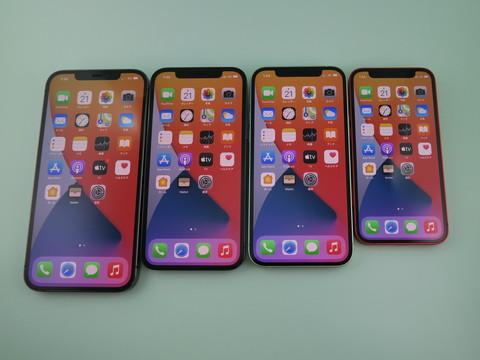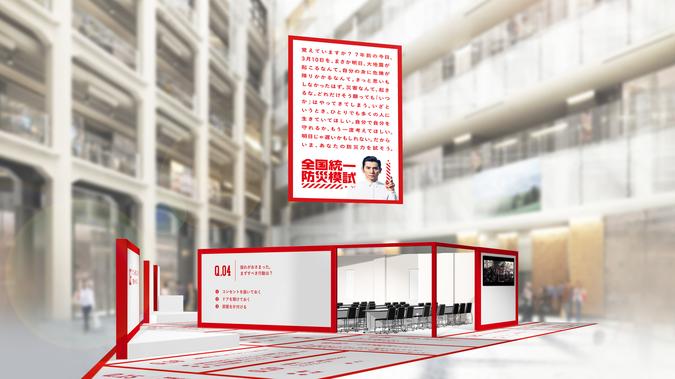Fujitsu's personal computer 40 -year story [15] Overseas PC business breaks and decline
The laptop "LIFEBOOK" series that Fujitsu sold overseas
Looking back, in the US market, he invested in a venture company Poqet Computer in July 1989 before the establishment of Fujitsu PC Corporation.In May 1992, it became a wholly owned subsidiary and tried to solidify the land in the US market.
In addition to mobile PCs by POQET COMPUTER, a unique product such as pen computers and tablets that can be used in various sites is introduced.In cooperation with the Japanese development department, the company was developing business in specific markets such as manufacturing, insurance, and logistics.In the US market, there are many competitors such as Dell, HP, and IBM, and it is determined that it cannot be fighting with volume strategies.The feature was that it was a business model that showed its presence in the niche market without following the amount.
Radio in the European market
On the other hand, the European market entered a personal computer business in different forms.Fujitsu ICL Computers (FICL) separated the volume product of the British ICL, which was the world's second largest computer company, and was established as a joint venture with Fujitsu.Based in the UK, the company aimed to expand its computer business through eight European, Finland, and Sweden.In other words, the computer business in Europe started by inheriting the ICL computer business, not an extension of the personal computer business as a Japanese Fujitsu.
Originally, Fujitsu partnered in December 1981 with British ICL with technical assistance for electronic computers.He has also expanded its relationship to LSI supply and product supply, and in November 1990, 80 % of British ICLs have become a subsidiary.By the way, the ICL PC business acquired Nokia Group's Nokia Data in 1991, and then developed under the ICL brand.
At the time of the establishment of Fujitsu ICL Computers, the number of employees was about 2,000.Already, 500,000 PCs and 12,000 servers are already shipped, and the capital was 118 million (about 20 billion yen).Fujitsu 80.1 %, ICL 19.It has started with 9 % investment.
With these movements, Fujitsu's overseas PC business has expanded at a stretch.Overseas shipments in 1996 reached 800,000 units a year.Due to the rapid expansion of the FMV series in Japan, the number of personal computers in Japan and overseas in 1996 was 2.8 million units.Fujitsu's personal computer grew six times in just two years since 1994, when the total shipment was 450,000 units.After that, the overseas PC business will grow rapidly mainly in Europe.
The second rocket in the PC business in Europe was the establishment of Fujitsu Siemens Computers (FSC) in October 1999.Fujitsu and German Siemens have a cooperation in the computing machine field in April 1978, and has been a long -standing connection before Fujitsu started a personal computer business.FSC, established by both companies that have been strategic partnerships for more than 20 years, is a joint venture that invests 50 %.The headquarters will be placed in the Netherlands and will develop, produce, and sell servers, storage, personal computers, etc. for the European market.
Returning a little, Fujitsu ICL Computers changed the company name in April 1998 to Fujitsu Computer's Europe.As of 1999, the Siemens Computer Systems (Siemens Computer Systems), which has a sales of about 2 billion euros and a number of employees of about 1600 employees, and the Siemens Computer Systems (Siemens Computer Systems) with a sales of about 4 billion euros and about 8,000 employees.。At that time, the European market was third in sales and the second largest in the shipment.The shipment plan for the first year was more than 4.8 million units per year, 180,000 on PC servers, and 5,000 unix servers.
In fact, the number of overseas personal computers in Fujitsu has risen to the right.For the first time in 1999, the shipment of the domestic computer business was not shipped, and in 2000, it shipped 3.58 million units for overseas personal computers alone.In 2007, the number of overseas personal computers has reached 6.21 million units.2.6 million units 2.6 million units, which are domestic shipments.It grew to a scale of four times.
The computer for the European market at this time is a brand called "FUJITSU-SIEMENS".It is certain that the high awareness of the Siemens brand in Europe has become the driving force for expanding the computer business that assumes corporate users as the main customers.It was a feature of the "FUJITSU-SIEMENS" brand that had many excellent customers in the European market, mainly in Germany.
While pursuing rationality, the "FUJITSU-SIEMENS" brand has introduced high robust manufacturing and a configuration mechanism called Made for YOU, which is independently developed by Siemens.In addition to the fact that it can be customized to specifications according to the request of corporate users, it has gained high praise in the European market by combining corporate solution proposals.
"It is characterized by high quality manufacturing unique to Siemens, and various examinations have been conducted at their own test center. We also conducted examinations that Fujitsu did," he managed to oversee Fujitsu's personal computer business at the time.Kazuhiro Igarashi, who has been assigned to Germany as an officer, says.
In addition to the ability to procurement and negotiating power in the background of the volume, a production base has been built in Augsburg, Germany.It is said that the strengths of the supply chain in Europe had an advantage.
50:50 harmful effects
However, it is true that there was an issue.In particular, in terms of management, there were issues caused by the same rate of 50 %, with the same rate of investment.Naturally, the composition of the board members is the same ratio.A little roughly, it was often happening that even if the opinions of Fujitsu and Siemens were conflicted, the conclusion would not be reached on parallel lines.
For Fujitsu at that time, the computer business was positioned as a strategic business, while the main business was in the energy field, and the computer business was decided to cut out.This temperature difference was also a reason why opinions were easy to disagree.
At that time, officials said, "The difference between Fujitsu side, who wants to actively challenge to grow and Siemens, which is good to maintain the status quo, has many times difficult to discuss."。
For example, even if you take a single sales strategy, the opinion is naturally different between the Fujitsu side, who wants to invest in investing and expand the sales network, and the Siemens side, who wants to maintain the black while pursuing efficiency in the current sales network.If the discussion on the management was on parallel, the result was that the site could not do anything.
Another issue was that synergies could not be demonstrated in Japan and European personal computers.The development team of Fujitsu, Siemens, Computers (FSC), consisting of the former Siemens engineers, and prioritizing the track record of Siemens, and was working on manufacturing that optimized in the European market.As a result, in the Japanese Fujitsu and European FSCs, independent product roadmaps were drawn, each of which has been developing a computer with its uniqueity for many years.
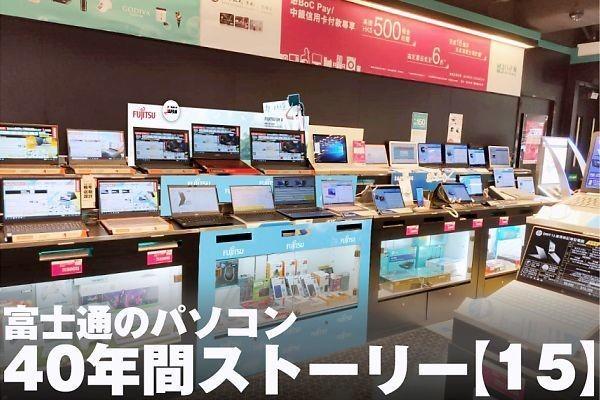
A few years after the FSC started, five executive employees participated in each, and a two -week training camp was held in Germany.Here, it was discussed again about each other's goodness and the sharing of product roadmaps, but as a result, no major agreement was obtained.
In terms of product lineup, we have a commitment to each other, and we have developed products for the Japanese market and the European market in parallel and maintain a system to produce.It was not possible to make things.
Nevertheless, at that time, there was a tailwind of the spread of personal computers, and the European market alone expanded its business to the size of more than 3 million PCs a year.It can be said that the growth has been maintained even if the synergy effect in manufacturing is not demonstrated.
The joint venture by Fujitsu and Siemens had started with a 10 -year contract from the beginning.After that, Fujitsu acquired all shares in April 2009, in April 2009, with Siemens, who wants to concentrate resources in three fields of energy, industry (industries), and healthcare, and Fujitsu who wants to accelerate the global strategies in the IT field.And make it a wholly owned subsidiary.At the same time, the company name was changed to "Fujitsu Technology Solutions (FTS)".
The cost for stock acquisition is about 450 million euros (about 56.5 billion yen).It was unusual for a clear direction to be officially announced in January 2008, before the end of the contract period for the 10th year, but you can see the speculation of Siemens who wanted to hurry to sell."If Fujitsu did not respond to the remaining stock purchases, it would be enough to sell it to other companies."
FTS, which restarted as a 100 % subsidiary of Fujitsu, was positioned as an important base for Fujitsu's server business, taking advantage of the previous customer base and development capabilities.In the PC business, it also served as a production base for the development of desktop personal computers.The product brand in Europe has also been unified from "Fujitsu-Siemens" to "FUJITSU".
At that time, Mr. Nozosho, the president of Fujitsu, said, "The technology solution, the main segment of Fujitsu, was used as a company name. FTS is the axis of transformation for the globalization of Fujitsu."。
In fact, Fujitsu's core business is still called "technology solution", and in -house is also used as "Texori".In Fujitsu's medium -term management plan, which was the final year of 2022, the goal of management indicators is not the numbers of the entire Fujitsu company, but the sales income and operating margin of the technique.
Overseas market decline
As you can see from the name of the technology solution, FTS should have been the core of the global strategy for Fujitsu.
The development of the PC server, PrimeGy series, was consolidated in the FTS -based German Augsburg, and the development speed was improved by unification of the system, such as dispatching advanced product advanced executives and blade servers.If there is a part that overlaps in the product evaluation, the duplicate part of the Fujitsu side is excluded to prioritize the FTS side system.He has also taken into account the content of the exams and mass production, and has been trying to play the role of supporting the launch of production plants in other regions around the world, mainly at the Augsburg factory.
In the PC business, in accordance with the fact that it has become a wholly owned subsidiary, measures will be started to develop a global unified model that has never been seen before, and to allow European users to know the value of Japanese PCs.It was considered to start.
However, the rising market environment has changed, and Taiwan ACER and US HP have expanded their market share in the European market.In addition, as laptops have grown, FTS, which specializes in the development and production of desktop personal computers, has gradually weakened because the laptop computer was a system that remained from the Taiwanese ODM.
"AMILO", which had been deployed in Europe as a consumer computer brand, could not demonstrate its uniqueness and became a deficit business, and closed a dedicated factory for consumers.The number of shipments in Europe through FTS gradually decreased.
Fujitsu's overseas PCs in 2009 were 2.91 million units, reducing less than half in just two years compared to 6.21 million units in 2007.After that, the number of shipments continued to decline gradually, and in 2015 it was 2 million units both inside and outside the country, and it could not exceed the domestic shipments after that, and in FY2017 the number of overseas PCs was shipped 150.It went down to many units.
In October 2018, Fujitsu decided to close the German Augsburg factory because of the improvement of profits in the European market and the highly dependent on product business in the European market.This was closed in 2020.
Revitalization of overseas PC business starting from the Asian region
Later, Fujitsu's personal computer business was transferred to the Lenovo Group in May 2018.At the time of the closure of the Augsburg factory, the new Fujitsu client computing (FCCL) had already started as a joint venture by Lenovo and Fujitsu.At this point, since FCCL was outsourced to Fujitsu in Europe, FCCL has been created by Fujitsu's decision to secure new European development bases and production bases.is.
Therefore, FCCL GMBH was established as a wholly owned subsidiary of FCCL.Started with 120 people in April 2020, FCCL GMBH will be in charge of developing a computer for the European market.In addition, the production base was operated in the Czech Republic in March 2020.It is said that it can produce 1 million desktop PCs a year.
According to FCCL chairman Kuniaki Saito, "FCCL GMBH will develop high -value -added personal computers like Japan. This will respond to European customer needs and demand centered on Germany. In the global strategy of FCCL., Germany and other Europeans are important markets. "
Currently, FCCL is focusing on overseas businesses in a computer business for consumers in the Asian region.Utilizing the Lenovo Group's sales network, it started selling in Hong Kong in September 2019.It has expanded to Taiwan, Singapore, Malaysia, Thailand, Vietnam and India, and is deployed in seven countries and regions.
First, 13.Sold the laptop "Lifebook UH" series that realizes the lightest in the world as a type 3.The development of the added value of FCCL is being developed to the forefront.The latest model LIFEBOOK UH-X and the Lifebook UH-X 2in1 of the 2in1 Convertible PC, and the Lifebook CX series, which have a high reputation for design, are sold overseas.
FCCL says, "The Asian market has the need for" light and light "that FCCL is good at. We are more interested in products developed and produced in Japan. We will gain the needs that emphasize quality and value -added." talk.
In fact, more than 15 years ago from 2022, Fujitsu PCs have achieved results in the sales of premium PCs in the Asian region.For wealthy people such as Singapore, Malaysia, Hong Kong, Thailand, etc., a lineup is used with thorough luxury routes and narrowed down to added value products.Regarding support, the company was developing a business model that had to be brought into a dedicated space like a lounge and repair it free of charge.
In this way, Fujitsu's global PC business system is targeted by specific markets in the United States, a volume business in Europe, and a value -added route in Asia.And in Japan, we have launched strategies to each region, such as promoting business with a lineup of all -sided models targeting all users.This is the appearance of Fujitsu's global strategy.
The current business system of Fujitsu PC is developed and produced by FCCL for domestic and overseas corporate computers, and Fujitsu sells it.Both personal computers for individuals are developed, produced and sold by FCCL, both in Japan and overseas.
In that respect, it can be said that the key to the future of Fujitsu PCs is the overseas consumer computer business that can lead the business by FCCL and expand further areas.Here, it is also possible to cooperate with the Lenovo Group with a global sales network, and it is also possible to propose by FCCL's unique value models that are not in the Lenovo brand product lineup.Fujitsu personal computers' efforts for overseas businesses have come to the stage where they are attracting attention.

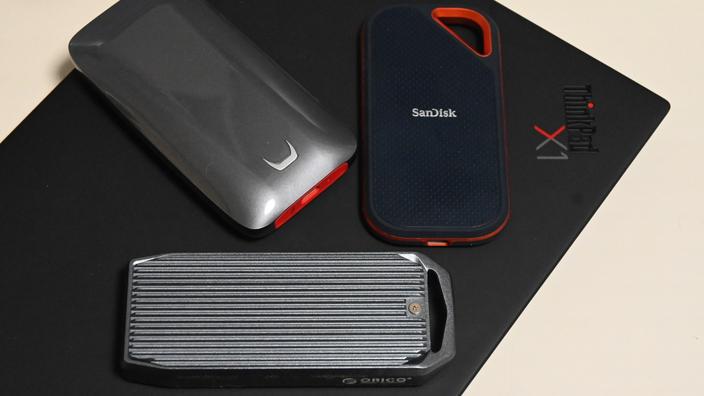
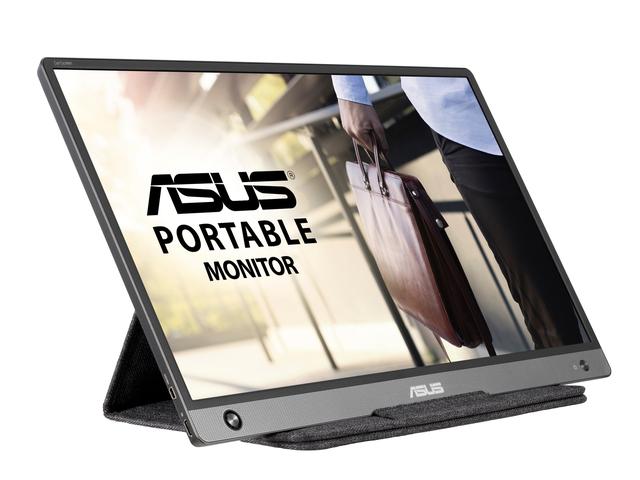
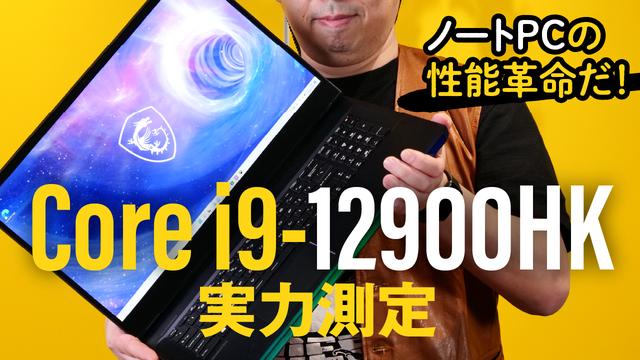
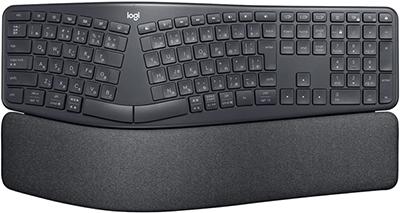
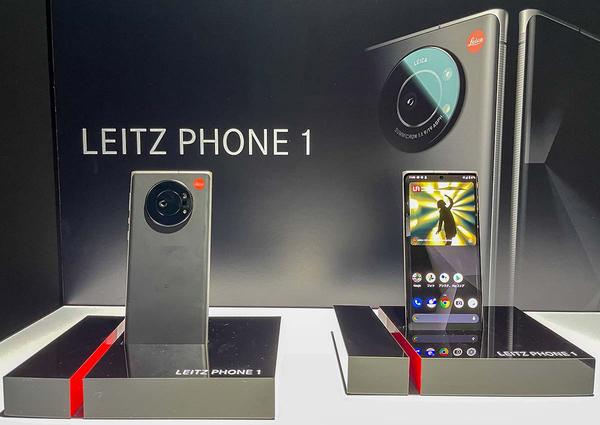
![[July 6 and 7] DX realized by content cloud, advanced platform for business transformation](https://website-google-hk.oss-cn-hongkong.aliyuncs.com/drawing/article_results_9/2022/3/9/6bbafe438d78271513761788166cbf94_0.jpeg)
